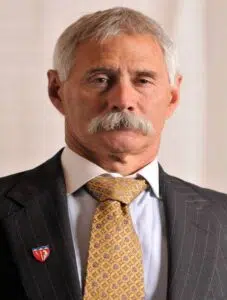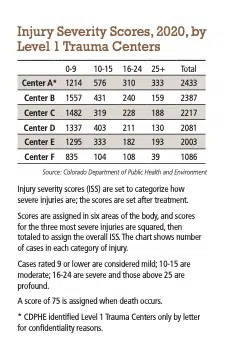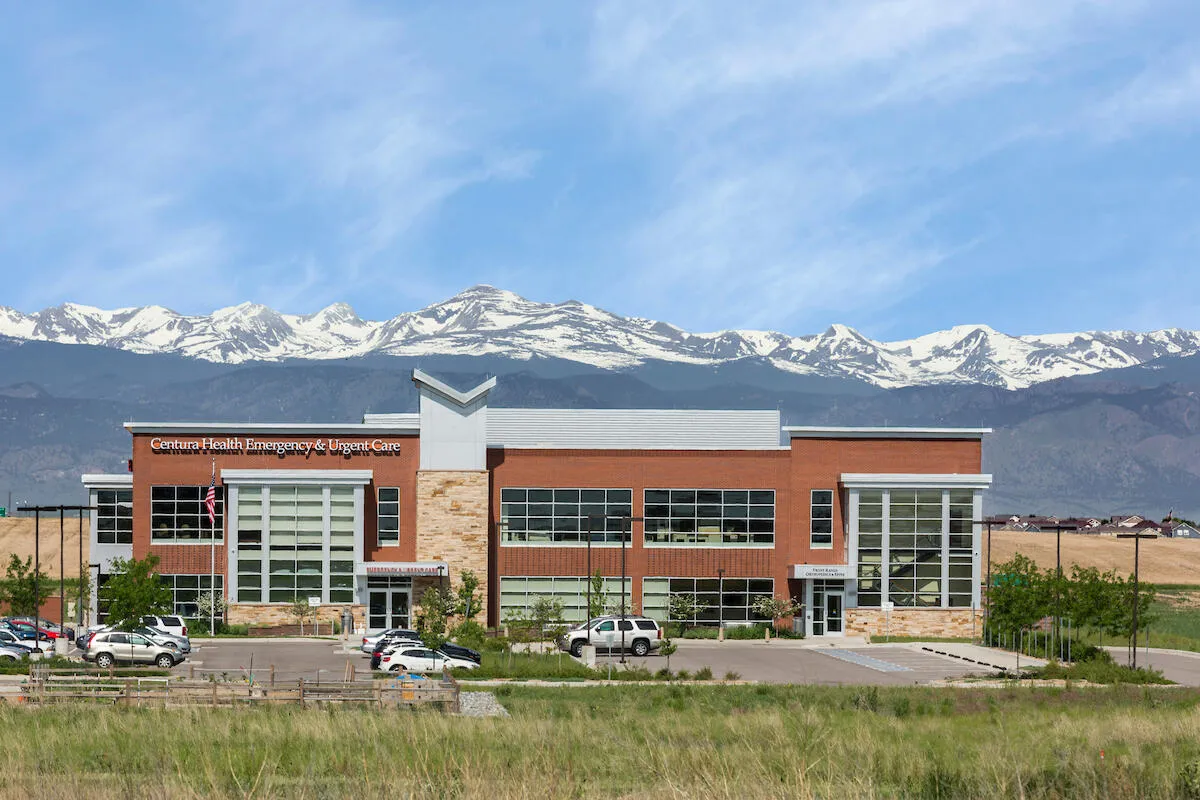Moore: Fewer trauma centers, not more, improves care
Editor’s note: This report was updated to reflect how National Institutes of Health funding flows to research centers.
DENVER — While UCHealth and Medical Center of the Rockies celebrate the new Level 1 Trauma designation, not everyone in the trauma system thinks that adding trauma centers is a good idea.
“It’s a dysfunctional system; it’s not designed to take the patients to the right place at the right time,” said Dr. Ernest “Gene” Moore, perhaps the godfather of trauma care in Colorado. He’s director of surgical research at Denver Health Medical Center and an internationally renowned trauma surgeon. He edits the Journal of Trauma and Acute Care Surgery and has been chief of trauma at Denver Health for 36 years.
SPONSORED CONTENT

Moore is quick to applaud the surgeons and professionals at trauma centers, including those at MCR who he called “superb.” But he believes that the network of trauma centers would be better served with one Level 1 center in Colorado instead of seven, and multiple lower-credentialed centers feeding the most severely injured patients to that one Level 1 center.
“We have too many trauma centers along the I-25 corridor and too few on the other side of the Continental Divide,” Moore said. “There are too many Level 1s and Level 2s.
“We continue to replicate trauma centers,” he said, referencing UCHealth’s Level 1 center at University of Colorado Hospital in Aurora. In addition to his duties at Denver Health, Moore is a distinguished professor of surgery at the University of Colorado Denver.
His reasoning goes to experience: If there were one Level 1 center, its medical professionals would more quickly perfect treatments and more quickly develop new techniques that would benefit the state. Research would be more comprehensive. The threshold numbers for Level 1 required by the state — 320 trauma cases a year — or by the College of Surgeons — 240 — are much too low, he said.
“As you build all these centers around, you dilute the experience so the trauma surgeons who work at these centers aren’t experts because they don’t have the volume to maintain skills,” he said.
“University is clearly capable of research, but it doesn’t have the trauma volume to create new ways to treat patients.”
He said the trauma center at Denver Health is capable of treating more trauma patients and is likely handling the largest volume now. Moore didn’t have the exact number available to cite, and the state Department of Public Health and Environment provides case counts without identifying specific hospitals, for confidentiality reasons. (See related chart.)

Denver Health’s research laboratory has been funded by the National Institutes of Health for more than 30 consecutive years. For the past 20 years, the NIH funding has flowed through the University of Colorado Trauma Research Center, a division of the university’s medical school.
Moore believes the state of Washington has “the optimal system.” It has one Level 1 center and “a catchment area representing 25% of the United States.” Other states including Idaho and Alaska fall within the trauma system there.
Prior to the creation of the Colorado trauma system, the state had the Colorado Trauma Institute, a voluntary affiliation of trauma surgeons. “We had a very functional system,” Moore said.
Moore opposed the creation of Colorado’s system.
“It’s a microcosm of the national health-care system,” he said. “Too many greedy people with hands in the cookie jar. Lobbyists and greed…
“Most of us have no problem with each other as colleagues, but it’s the CEOs who are looking for revenue.”
Editor’s note: This report was updated to reflect how National Institutes of Health funding flows to research centers.
DENVER — While UCHealth and Medical Center of the Rockies celebrate the new Level 1 Trauma designation, not everyone in the trauma system thinks that adding trauma centers is a good idea.
“It’s a dysfunctional system; it’s not designed to take the patients to the right place at the right time,” said Dr. Ernest “Gene” Moore, perhaps the godfather of trauma care in Colorado. He’s director of surgical research at Denver Health Medical Center and an internationally renowned trauma surgeon. He edits the Journal…





